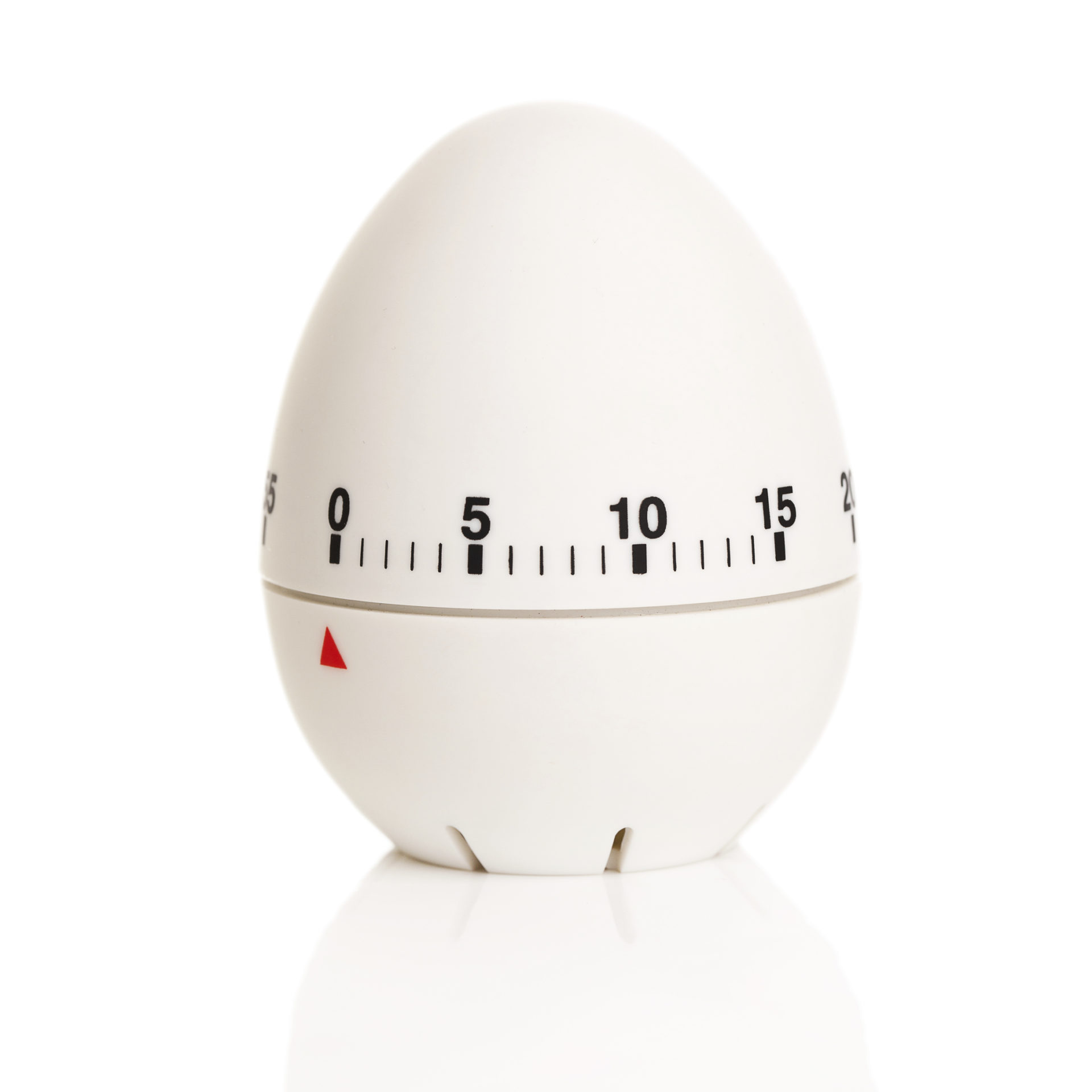Learn the basics of egg quality and quantity decline and how our team can help
When patients visit The Fertility Center of Las Vegas, they often want to know when egg quality and quantity decline occur. This is an excellent question about female fertility. The number of eggs a woman has (ovarian reserve) and the quality of those eggs are very important when she’s trying to conceive.
While female fertility generally declines in a woman’s mid-30s to late-30s, every woman is different. As such, our Las Vegas fertility clinic team can order bloodwork and ultrasounds to learn more about a patient’s ovarian reserve. If these tests reveal issues, we can create a treatment plan to help the woman take the next step toward motherhood.
Age plays an important role in egg quality and quantity decline
Men produce sperm throughout their lives, but women are born with a limited number of eggs. For most women, this number is five to seven million. By puberty, a woman has just 300,000 to 500,000 eggs. Each month, several eggs start to mature but the body typically releases (ovulates) just one egg. The rest of the eggs for that month degenerate through a process called atresia. As a result, a woman has fewer eggs as she ages.
Additionally, a woman is more likely to have lower-quality eggs as she gets older. If one of these eggs fertilizes, it’s more likely to develop into an embryo with chromosomal abnormalities. This issue can lead to implantation failure, miscarriage and birth defects.
Due to these factors related to egg quality and quantity decline, a woman’s chance of becoming pregnant starts declining in her 30s. Her likelihood of conceiving drops significantly after age 37. By the time she is 40, the woman has less than a 5% chance of becoming pregnant each month.
If a woman has difficulty conceiving due to her eggs, our Las Vegas fertility clinic can help.
Fertility treatments can help women facing this female fertility issue
Various fertility treatments can help if a woman’s fertility test results show issues related to egg quality and quantity decline.
IVF requires the woman to take fertility medications while regularly visiting our clinic for monitoring. When the eggs are mature, one of our doctors retrieves them. An embryologist in the IVF lab fertilizes the eggs with sperm before the doctor performs an embryo transfer.
Preimplantation genetic testing (PGT) can help improve the likelihood of having a healthy baby by performing genetic testing on IVF embryos before transferring them to the uterus.
Donor eggs might be a good option if a woman cannot develop a healthy pregnancy with help from IVF and PGT alone. We have an in-house egg donor program, so we can connect patients with screened and highly qualified donors.
Egg freezing is an option our team recommends when a woman has a reduced egg supply but is not yet ready to have a baby.
Contact us if you have more questions about egg quality and quantity decline or if you’d like to schedule an appointment.








